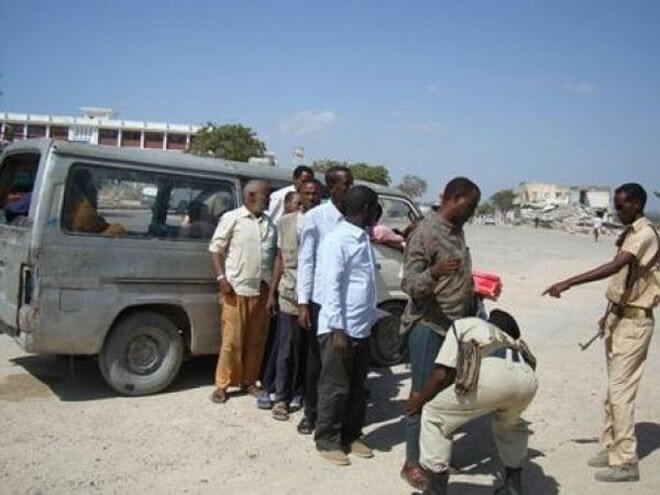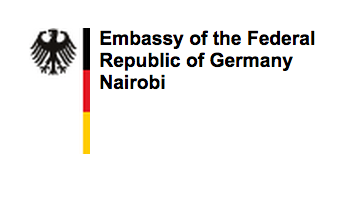Somali PM wants ‘Marshall Plan’ at London meet
 MOGADISHU — Somali Prime Minister Abdiweli Mohamed Ali said Monday he hoped an upcoming conference in London on the war-torn country would produce a “Marshall Plan” to end two decades of chaos.
MOGADISHU — Somali Prime Minister Abdiweli Mohamed Ali said Monday he hoped an upcoming conference in London on the war-torn country would produce a “Marshall Plan” to end two decades of chaos.
“Somalia expects a lot from this conference. We expect the establishment of a trust fund for Somalia. We expect a complete reconstruction plan for Somalia. We expect a Marshall Plan for Somalia,” he told AFP in an interview.
British Prime Minister David Cameron will chair the February 23 conference, gathering Somali and foreign leaders to find a solution to the civil unrest that has plagued Somalia almost without interruption since 1991.
The meeting will “help galvanise a common approach to address the problems and challenges of Somalia that affect us all,” the Foreign Office said.
“I hope the London conference will galvanise the international support for Somalia, bring back the attention of the international community on Somalia, and with it all the necessary help for rebuilding Somalia,” Ali said.
Decades of war and lawlessness have ruined the Horn of Africa country, leaving it with no basic infrastructure, its people in deep poverty and a humanitarian crisis the United Nations describes as the worst in the world.
Earlier this month, British Foreign Secretary William Hague visited war-scarred Mogadishu, marking a new drive by London to address the country’s protracted crisis.
During the visit, London also appointed an ambassador to Somalia, the first in 21 years.
Ali dismissed a proposal circulated ahead of the London conference that Somalia be put under a temporary UN or African Union administration until December 2013.
The mandate of Somalia’s Transitional Federal Institutions expires in August, and the country’s Western backers are against any further extension.
“We are in the 21st century. Somalia is a sovereign country with a government recognised by the international community, it is ridiculous,” Ali said of the proposal.
“I understand the concern. … We have to give the maximum efforts in the implementation of the roadmap,” he added, referring to a UN-backed plan agreed by Somali leaders to secure the country, write a new constitution and hold elections by August.
Somalia has lacked an effective central government since president Mohamed Siad Barre was ousted in 1991, unleashing cycles of bloody conflict that have defied countless peace initiatives.
Since then, the country has been variously governed by ruthless warlords and militia groups in mini-fiefdoms, becoming the epitome of a failed state.
A hardline Islamist movement with links to Al-Qaeda now controls much of southern and central Somalia, while pirate gangs rule coastal villages.
The Islamist Shebab rebels have been fighting to topple the Western-backed Somali government in Mogadishu, where the administration survives under the protection of a 10,000-strong African Union force.
Regional countries have recently increased pressure against the Shebab, with Kenyan troops battling the rebels in the south of Somalia since last October.
Ethiopian also sent forces to southwestern Somalia in November, the second such incursion in less than three years.
The 9,700-strong AU force, comprising troops from Burundi, Djibouti and Uganda, protects the government.
The Shebab abandoned fixed positions in Mogadishu last August, but has continued to carry out grenade and suicide attacks on government targets in the anarchic capital.
__
AP
Comments
comments
 Calendar
Calendar






































